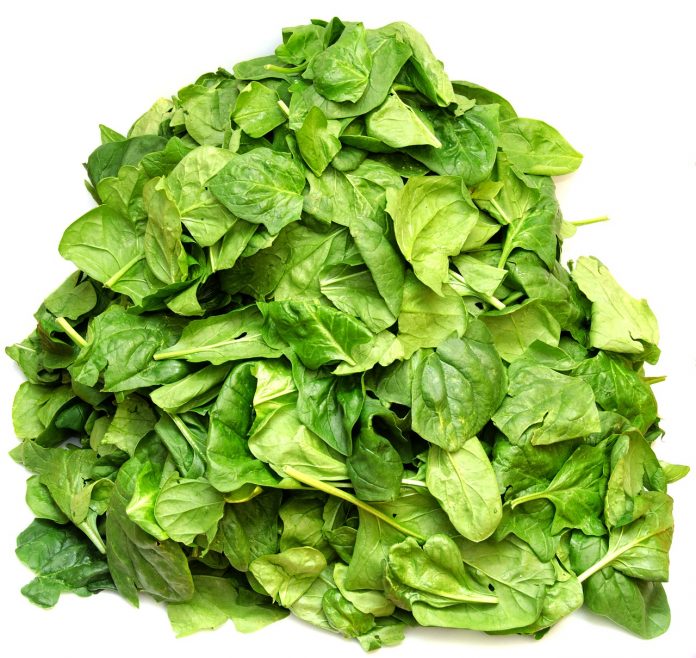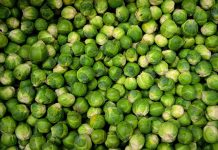
While red meats are the best source of heme iron which is highly absorbable. Leafy greens are a vegetable source which contains non-heme a lesser absorbable form of iron.
The drawback tho is that leafy greens also contain oxalates that bind with iron and can block iron absorption. For instance, raw spinach has 0.8 milligrams of iron per cup. As a menstruating, non-pregnant woman, you need 18 milligrams of iron a day. On the other hand, 1 cup of cooked spinach has 6.43 grams of iron. Leafy greens really shrink in volume when cooked.
You can cook in cast iron pans which have been known to help, but if the iron in your blood is low, don’t expect cast iron pans to raise your iron significantly. While I found a few research articles on cast iron pans, their use is considered to increase iron absorption by 16%. The study showed that after 4 months, iron levels increased by almost 8% in children. So not a rapid solution to low iron levels. Another caution is that unless iron pots are carefully cleaned, they can rust which happens when wet iron binds with carbon dioxide (what you exhale from your lungs). I would also caution you to not cook tomato based foods in cast iron pots. If you haven’t used cast iron pans before, read how to care for cast iron pans.
What can help your body absorb iron is vitamin C. The acidic content in citrus fruits improves iron absorption. So eat foods high in vitamin C along with your leafy greens. Foods such as peppers (yellow, red, green, chili, jalapeno), tomato juice, kiwi fruit, citrus fruits (orange, grapefruit, lemon), pineapple, broccoli, strawberries, and cranberry juice cocktail.
The issue with iron supplements is they can cause stomach upset and constipation. Iron supplements often contain 30 mg iron per pill. While taking iron supplements with food may reduce your symptoms, it will reduce absorption. So taking iron supplements on an empty stomach is preferable. Avoid taking iron supplements at the smame meal with grains (bread, cereal) as they contain phytates which bind iron thereby reducing absorption. The preferred forms of iron supplements are ferrous sulfate and ferrous gluconate. Talk to your pharmacist about which iron supplements they would recommend at the dosage your doctor prescribed.



